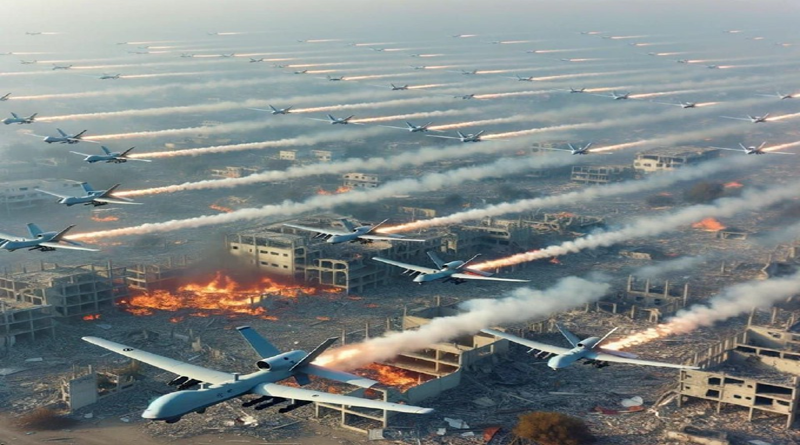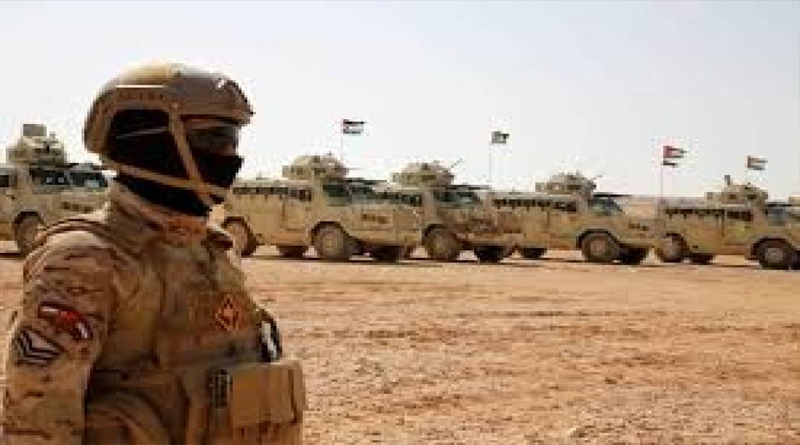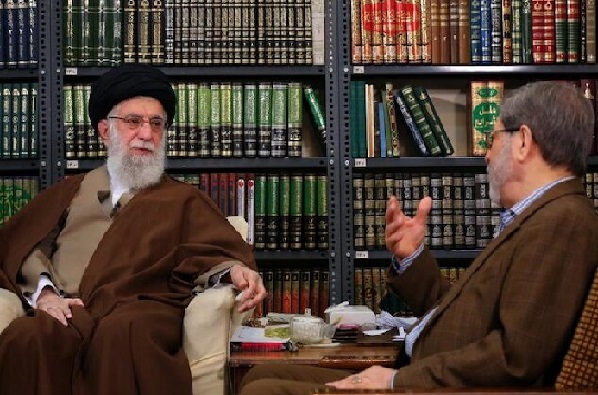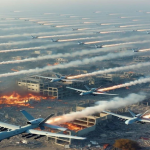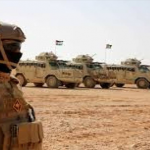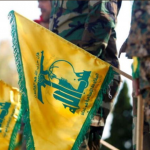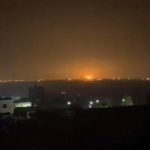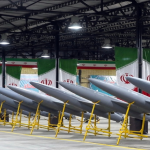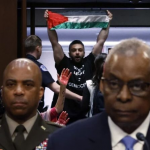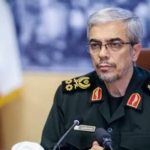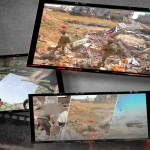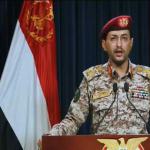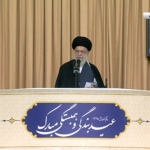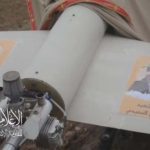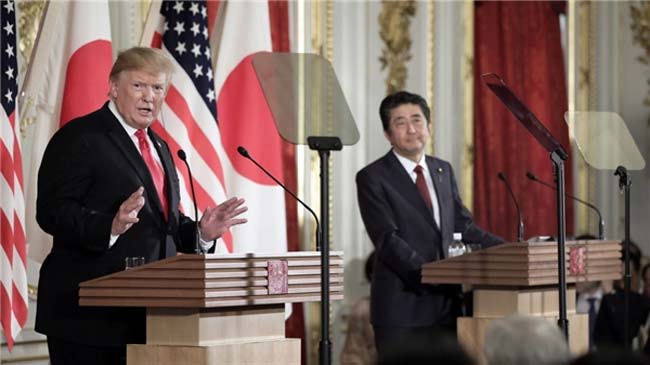
Iranian Foreign Minister Mohammad Javad Zarif, in a tweet after recent remarks of US President Donald Trump in Japan, highlighted that there are enormous disparities between what the White House is saying and what it does in dealing with Tehran.
Zarif said, in a tweet on Monday, that Trump has to prove in action whether he seeks to fall into line with the league of anti-Iran domestic and regional officials.
The Iranian top diplomat said, “B-Team’s Economic Terrorism is hurting the Iranian people and causing tension in the region. Actions—not words—will show whether or not that’s Donald Trump’s intent.”
According to Zarif’s earlier tweets in April, the B-Team is made up by US National Security Advisor John Bolton, Israeli Prime Minister Benjamin Netanyahu, Saudi Crown Prince Mohammed bin Salman, and Abu Dhabi Crown Prince Mohammed bin Zayed Al Nahyan.
The top diplomat reminded that the markedly hostile foursome have themselves admitted to targeting the Iranian people with economic terrorism.
The Iranian diplomatic chief separately reiterated absence of whatever intention on the part of Tehran to pursue nuclear arms, reminding how Supreme Leader of the Islamic Revolution Ayatollah Seyed Ali Khamenei, the country’s highest authority, has categorically prohibited the weapons.
Earlier on Monday, in joint presser in Tokyo after bilateral talks with Japan’s Prime Minister Shinzo Abe, Trump said that the White house was not looking for “regime change” in Iran.
The US President went on saying that he believed “we’ll make a deal” with Iran, adding that Abe had offered to broker a dialogue between the two nations.
“I know that the prime minister and Japan have a very good relationship with Iran so we’ll see what happens,” Trump added.
“The prime minister has already spoken to me about that and I do believe that Iran would like to talk. And if they would like to talk, we would like to talk also,” he said.
With Abe at his side, Trump told reporters at Akasaka Palace that “nobody wants to see terrible things happen, specially me”.
Trump later said, “I’m looking to Iran to say no nuclear weapons,” he said. “Iran has tremendous economic potential …, we’re looking for no nuclear weapons. I’m not looking to hurt Iran at all.”
Back in mid-1990s, Ayatollah Khamenei issued a fatwa against the acquisition, development and use of nuclear weapons. The decree was repetitively announced at public venues and it was again reiterated in an official statement at a meeting of the International Atomic Energy Agency (IAEA) in Vienna on August 2005.
Based on the Fatwa, Iran pursued dialogue with the international community and Western countries, and after years of negotiations Tehran signed the landmark nuclear deal of 2015, also known as the Joint Comprehensive Plan of Action (JCPOA), with five permanent members of the United Nations’ Security Council (UNSC) plus Germany and the European Union.
Then in early May 2018, Trump scrapped the deal, blaming his predecessor Barak Obama for signing “the worst ever deal US involved”.
Following the unilateral pullout of Trump from the nuclear agreement, European sides of the agreement issued a joint statement, reassuring Tehran that they would make up for the losses suffered by Iran.
Tehran waited for a year to see if Europe was serious about delivering on its promises, and on the first anniversary of the US exit from the agreement issued a statement to blame the bloc for coming short to observe its commitments and compensate the damages inflicted by Washington.
Tehran announced on May 08 that its decision to partially suspend its compliance with the JCPOA was in response to the US’ withdrawal and the failure by European signatories to alleviate the damage done by American sanctions.
Following Tehran’s ultimatum to European side of the deal, the White House announced on the very same day that it would levy more sanctions on Iran.
According to a White House statement, an executive order issued by Trump targeted Iran’s revenues from exporting industrial metals from iron, steel, aluminum and copper sectors.
Then Trump intensified its rhetoric of threat against Tehran and the US declared that it will increase its military buildup in the Persian Gulf region for unspecified threats from Iran.
Now, following his last week threatening tweet to put an official end to Iran in case of any move by Tehran, he has softened his voice calling again for negotiating a new deal.

